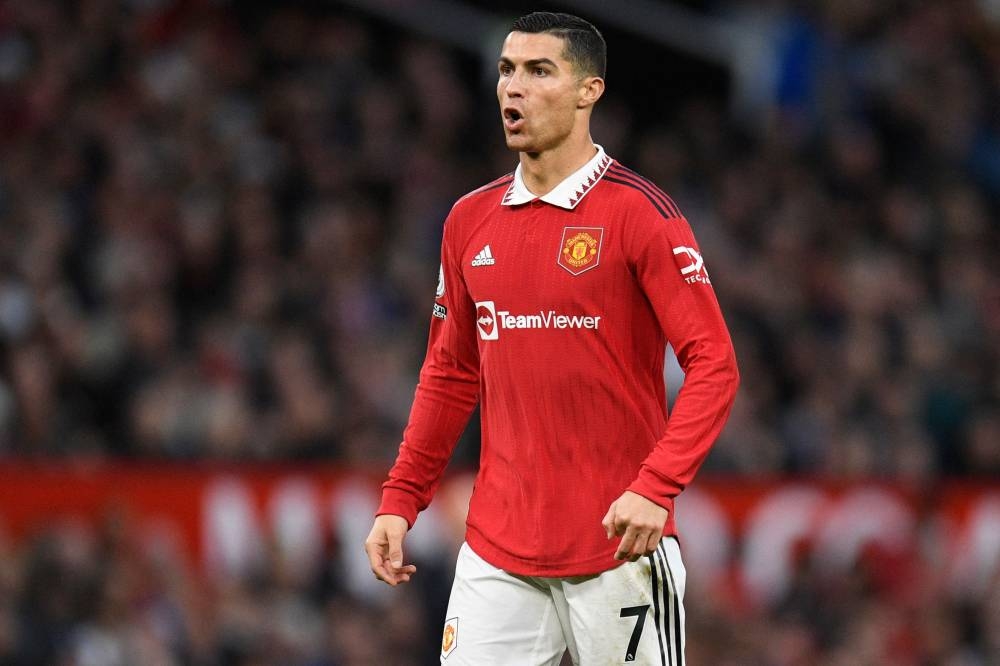Fifa.com
Now 37, Cristiano Ronaldo has been called up by Portugal for the fifth FIFA World Cup of his career. The Manchester United forward is much more than just his country’s all-time leading scorer. To say that CR7 is a one-man inflection point in the history of his national team would be no exaggeration.
In the 90 years that elapsed between Portugal’s first match and the international debut of Madeira’s most famous son, the national team appeared at just three World Cup and three UEFA EURO competitions. Before Ronaldo came along, Portugal’s finest hour at the World Cup was third place at England 1966. Other high points in their footballing history came in 1989 and 1991, when the country’s youngsters won back-to-back FIFA U-20 World Cups.
And in 2001, Luis Figo, the last big Portuguese star before the Ronaldo era, was named FIFA World Player of the Year.Though notable, those episodic achievements were not enough by themselves to thrust Portugal into the elite of international football. That all changed when Ronaldo stepped on to the scene in the early 2000s.
How it all began
Since Ronaldo won his first cap, in a friendly against Kazakhstan on 20 August 2003, Portugal have never missed a major competition, appearing at five World Cups and five EUROs in a row. With the No7 in their ranks, the Portuguese have gone from mere participants to genuine trophy contenders.
The ‘Ronaldo generation’ finished fourth at Germany 2006, where they came close to equalling the country’s best-ever World Cup campaign. And in more recent years, they have won two major competitions, EURO 2016 and the inaugural UEFA Nations League in 2019.
Aside from those team prizes, Portugal’s star man has also amassed an unprecedented collection of individual accolades, among them five FIFA Best FIFA Men’s Player awards and four European Golden Shoes. He is also the highest scorer in the history of the UEFA Champions League and international football, and Real Madrid’s all-time top scorer.
In an interview he gave last week to mark his 50th birthday, Figo spoke of the legacy his successor as Portugal’s leading player has built. As the former Barcelona and Real Madrid man explained, before Ronaldo came along Portugal would often go out on the pitch with a negative mindset, intent merely on avoiding defeat, such was their lack of confidence and ambition.
That all changed when CR7 came on board. Despite representing a country of only ten million inhabitants, the team no longer had an inferiority complex when up against the likes of France – their victims in the EURO 2016 final – or the Netherlands, the team they beat to win that Nations League title. Ronaldo has had a notable part to play in shaping that winning mentality and in improving the physical fitness of his team-mates, helping to create a new generation of players utterly committed to the Portugal cause.
A final farewell?
It is alongside those players – among them established internationals such as central defender Ruben Dias, attacking midfielder Bernardo Silva (both of Manchester City) and Manchester United midfielder Bruno Fernandes – that Ronaldo is now preparing for what might be his last World Cup.
The man who changed the face of Portuguese football will make his first outing at Qatar 2022 against Ghana in Doha on November 24 . Portugal’s subsequent opponents in Group H will be Uruguay and Korea Republic.
Portugal before Ronaldo
World Cup: Three appearances from 17 editions
EURO: Three appearances from 11
editions
Portugal after Ronaldo
World Cup: Five appearances out of five
EURO: Five appearances out of five



